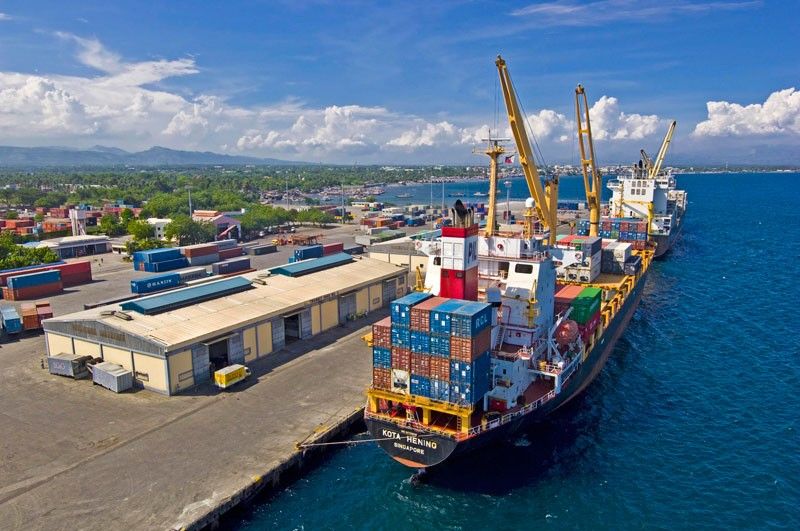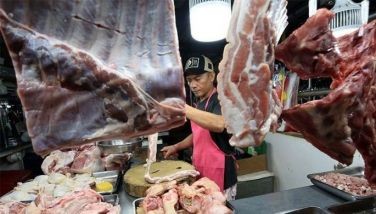Trade deficit widens in January

MANILA, Philippines — The country incurred a trade deficit of $3.76 billion in January, higher than the $3.16-billion gap a year earlier, as imports rebounded and exports continued to drop, the Philippine Statistics Authority (PSA) reported yesterday.
In its latest trade report, the PSA said imports reached $9.03 billion in January, up by 5.8 percent from $8.54 billion in January 2018. This was also a reversal of the 9.4 percent contraction recorded in December 2018.
The rebound in imports was attributed to the increase in the import valuation of consumer goods, capital goods and raw materials.
Exports, meanwhile, fell by 1.7 percent to $5.28 billion in January 2019 from $5.37 billion in January 2018. This, however, was a slower deceleration compared with the 12.3 percent decline seen in December.
Outbound shipments of electronic products, which comprised 53 percent of total export revenues, rose by 1.7 percent to $2.79 billion from $2.74 billion in the same month the previous year.
However, lower receipts from manufactures and minerals offset gains in other commodities that also include chemicals and agriculture products.
In 2018, the country’s trade balance deteriorated to a record-high deficit of $41.44 billion as imports rose sharply while exports significantly waned.
The National Economic and Development Authority (NEDA) said the government should step up efforts to strengthen relations with trade partners to increase market access amid easing global demand.
“The Department of Agriculture is currently in talks with Singapore, Russia, and Monaco for possible arrangements to increase Philippine agricultural export products to these countries,” said Socioeconomic Planning Secretary and NEDA chief Ernesto Pernia.
Exporters, he said, are also strongly encouraged to explore opportunities in emerging sectors and to respond to increasing market demand for other non-traditional exports to broaden the exports base.
“Also, the likely conclusion of the Regional Comprehensive Economic Partnership (RCEP) agreement this year will be a welcome development,” said Pernia.
The RCEP aims to achieve greater market access for goods, services and investments, and provide business-friendly and trade-facilitative rules for businesses and investors among its 16 member economies.
“The RCEP would significantly benefit exporters considering that its member economies – which include ASEAN countries, Australia, China, India, Japan, Korea and New Zealand – constitute a third of global output and more than a quarter of the world’s population,” he noted.
Imports growth, meanwhile, can still expected to be constrained by the delayed approval of the 2019 national budget and the election-spending ban.
“The importation of raw materials is likely to be affected by the holdback in the implementation of numerous projects under government’s Build Build Build program,” Pernia said.
He noted, however, that the economic team—NEDA, the Department of Finance and the Department of Budget and Management—has formally requested the Commission on Elections to exempt at least 145 priority infrastructure projects from the election spending ban to minimize delays in the implementation of government projects.
- Latest
- Trending































